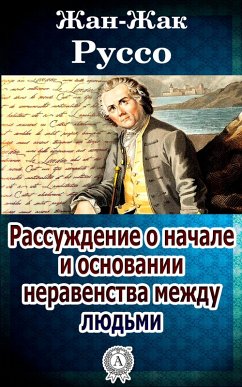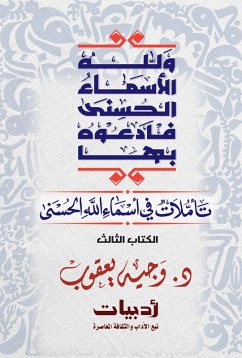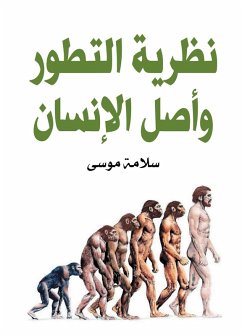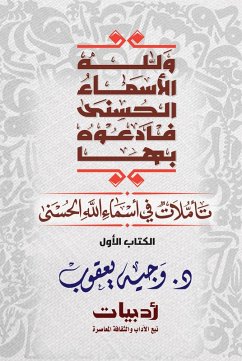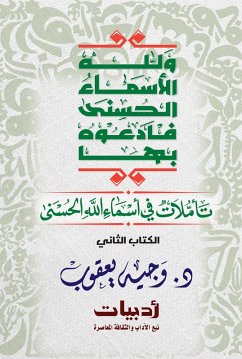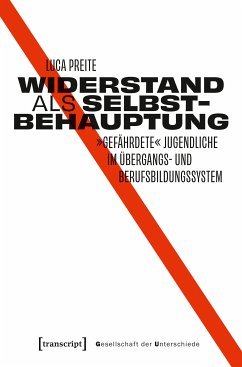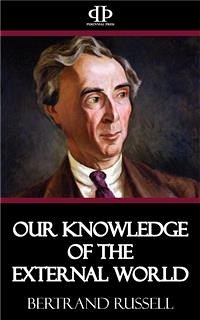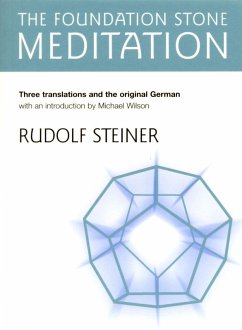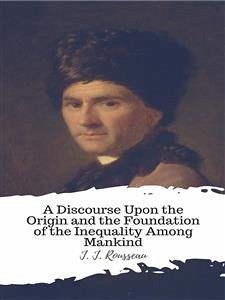
A Discourse Upon the Origin and the Foundation of the Inequality Among Mankind (eBook, ePUB)

PAYBACK Punkte
0 °P sammeln!
Discourse on the Origin and Basis of Inequality Among Men was written in response to a competition run by the Academy of Dijon answering the prompt: What is the origin of inequality among men, and whether such inequality is authorized by natural law? Rousseau puts forth the concept of two types of inequity: natural/physical and moral/political. He focuses on moral inequality and its link to power and wealth. He also covers the areas of self-love, compassion for others, and free-agency, as well as their negative impact in the creation of civil society. In part two of the discourse, Rousseau fol...
Discourse on the Origin and Basis of Inequality Among Men was written in response to a competition run by the Academy of Dijon answering the prompt: What is the origin of inequality among men, and whether such inequality is authorized by natural law? Rousseau puts forth the concept of two types of inequity: natural/physical and moral/political. He focuses on moral inequality and its link to power and wealth. He also covers the areas of self-love, compassion for others, and free-agency, as well as their negative impact in the creation of civil society. In part two of the discourse, Rousseau follows the development of such qualities in mankind from savage man to the modern man.




